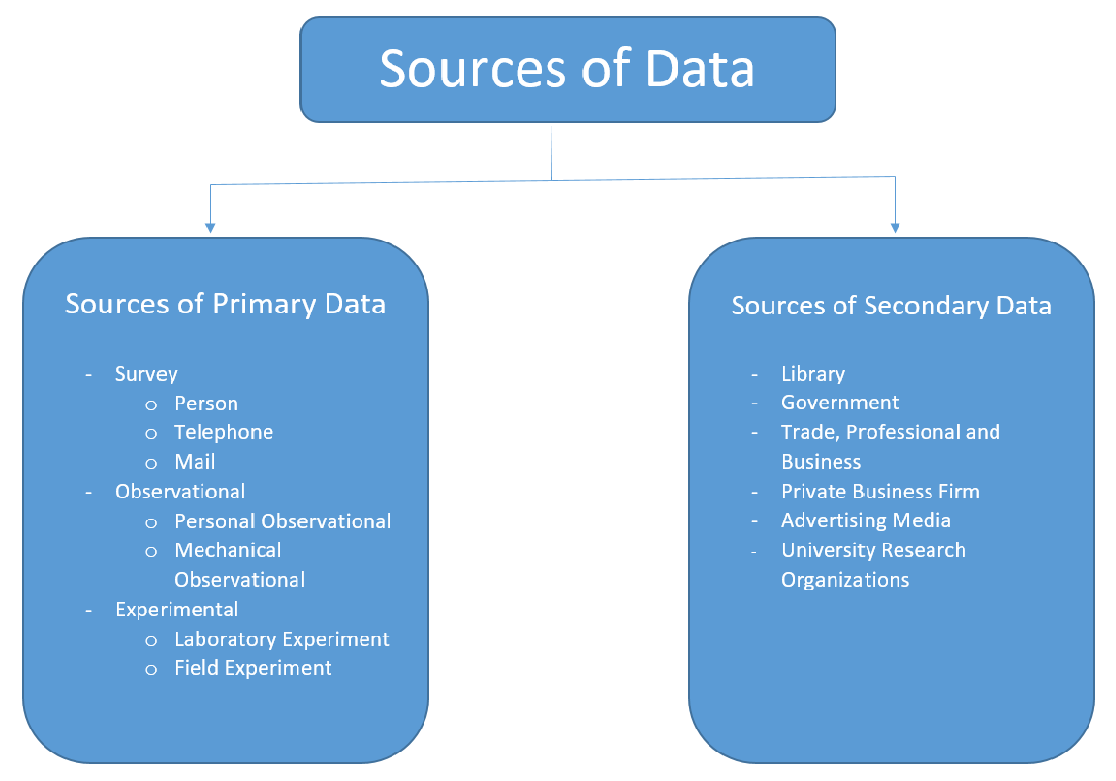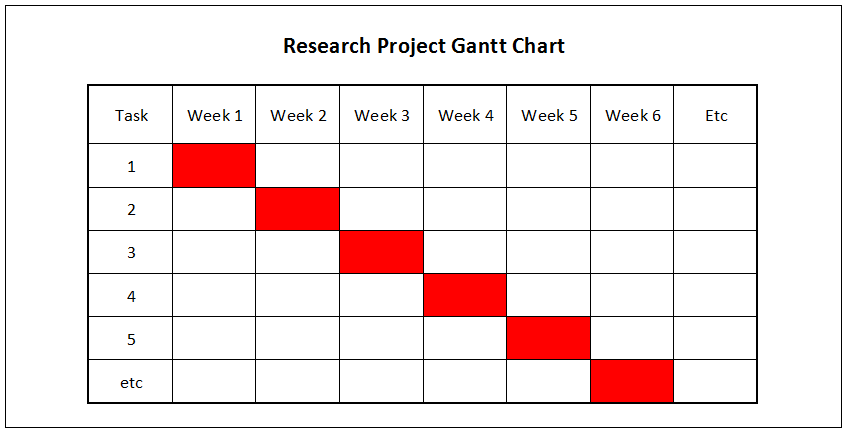Research Paper or Academic paper is a substantial piece of academic writing, usually done as a requirement for a class, in which the author does independent research into a topic and writes a description of the findings of that research.
The Following Strategy is recommended to write a Research Paper or Academic Paper
1 Choose your research area: Before writing a research paper or academic paper you should know your research area, and it is recommended it should be in your academic field where you intend to conduct your research; usually, it will relate to an area you have already studied or are studying since you will be better placed to identify potential research topics than with an entirely new area. It should also be an area that you find particularly interesting since your interest in the subject is going to be vital in sustaining your engagement. Finally, it should also be a subject area where it is going to be possible to find a suitable supervisor within your University, and you have access to reliable resources.
2 Conduct preliminary research (scope out the topic): Preliminary research is most important and it involves surveying current research literature, getting advice from academic staff and reflecting carefully, in order to work out what has already been written about your chosen subject area, and to identify more clearly what it is that you can do that is different to what has been done before.
3 Decide your research topic: This involves formulating a clearly defined and delineated research topic. The more clearly your research topic is defined at the start of your project, the better. This will give you confidence and clarity in what you are trying to achieve, and will allow you to monitor your progress more effectively. If you’re not sure of what you’re trying to achieve, then how will you know whether you’re on schedule or not – whether you’re on the course or not? At this stage, you might also formulate a provisional research question – that is, the question your research will answer: Research topic: Investigate ‘A’ and ‘B’ to see if/how they interrelate. Research Question: ‘To what extent is A caused by B?’
Click here to know more about how to Choose from the different research methods
4 Decide your methodology: At the same time you are deciding your topic, you should be investigating and thinking about your research methodology – the way in which you will conduct your research. Is your research going to be experimental, observational, theoretical, textual, qualitative, quantitative, etc.? Will it involve human subjects? Are there ethical considerations – specific protocols, procedures, approaches to follow? Think about why you intend to conduct your research the way you have chosen; what advantages does this give? What insights might it yield? What difficulties might it pose?
5 Submit/present your research proposal for approval: There is usually a formal deadline for receiving research proposals/dissertation plans, and a formal approval process. In some cases this is an assessment stage – so make sure you know exactly what you need to submit and when in order to progress with your project.
6 Finalise your topic and methodology: You may need to revise your research plan in the light of feedback you receive during the approval process. Many students over ambitious in their aims; academic staff usually have a much clearer idea of what is achievable and what is necessary for terms of a successful research project. Be guided by their advice. Also, you might need to modify your methodology in the light of your initial research (or a pilot study). For example, the questionnaire you designed needs altering since it isn’t generating the data you were expecting.
7 Conduct you research (fieldwork): This might take place in a laboratory, in a library or archive, at a computer, on the streets or in the field. Whatever the location, this is the practical activity of collecting raw information/data. What you thought you were going to find out, and what you actually find out, can quite often end up being different, so always be prepared to alter your research aims/question accordingly. Sources might be primary or secondary and data might be qualitative or quantitative, where primary and qualitative is often most persuasive.

8 Analysis/data processing: Whatever your research topic, you will need to analyze/process your raw information/data in order to make sense of it. This might involve statistical analysis, generating graphs, charts or tables, organizing information into discrete categories, and so on – or it might involve historiographic or critical analysis of texts or events. Whichever, it is important that you not only find something out but that you understand what it means within your academic field.
9 Writing up: This is the process of producing the written document that your research project will be assessed on – your dissertation or thesis. Writing up includes editing, proof-reading, formatting and binding your dissertation; don’t underestimate how long this will take – especially the referencing. You will also need to make sure that any graphs/images are properly numbered and labeled, and referred to and discussed within your main text. Remember that report conclusions lead logically from the discussion/findings, and recommendations, if included, lead logically from the conclusions.
10 Submission: All academic research projects are time-constrained. That is, you will have a specific deadline for submitting your work. With longer research projects, you will also have intermediate deadlines (eg, progress/upgrade boards). What this means is that you have a finite amount of time in which to complete your research project, and, by definition, that you will need to time-manage each task in order to ensure that you complete the project as a whole on time.
One effective technique is the plan and tracks these ten tasks is to produce a Gantt chart. To do so we need to estimate the time needed for each task, which might be expressed in days or weeks depending mainly on the size of the endeavor.

Click here to download this article in PDF format for offline reading or for prints.
These are all Strategy: How to write a research paper or academic paper. If you have any doubt or suggestions on the Strategy: How to write a research paper or academic paper feel free to make a comment.
Dear Pardeep Sir
Thanks a lot for bringing such a useful information for us concerning Research Strategies. I have downloaded the pdf. Big thanks for the efforts you made for us.
You are always welcome Ma’am
Just help me to download the pdf regarding short keys because when I click it shows the web page blocked. Thanks!
Blocked..?? Talk with your system admin